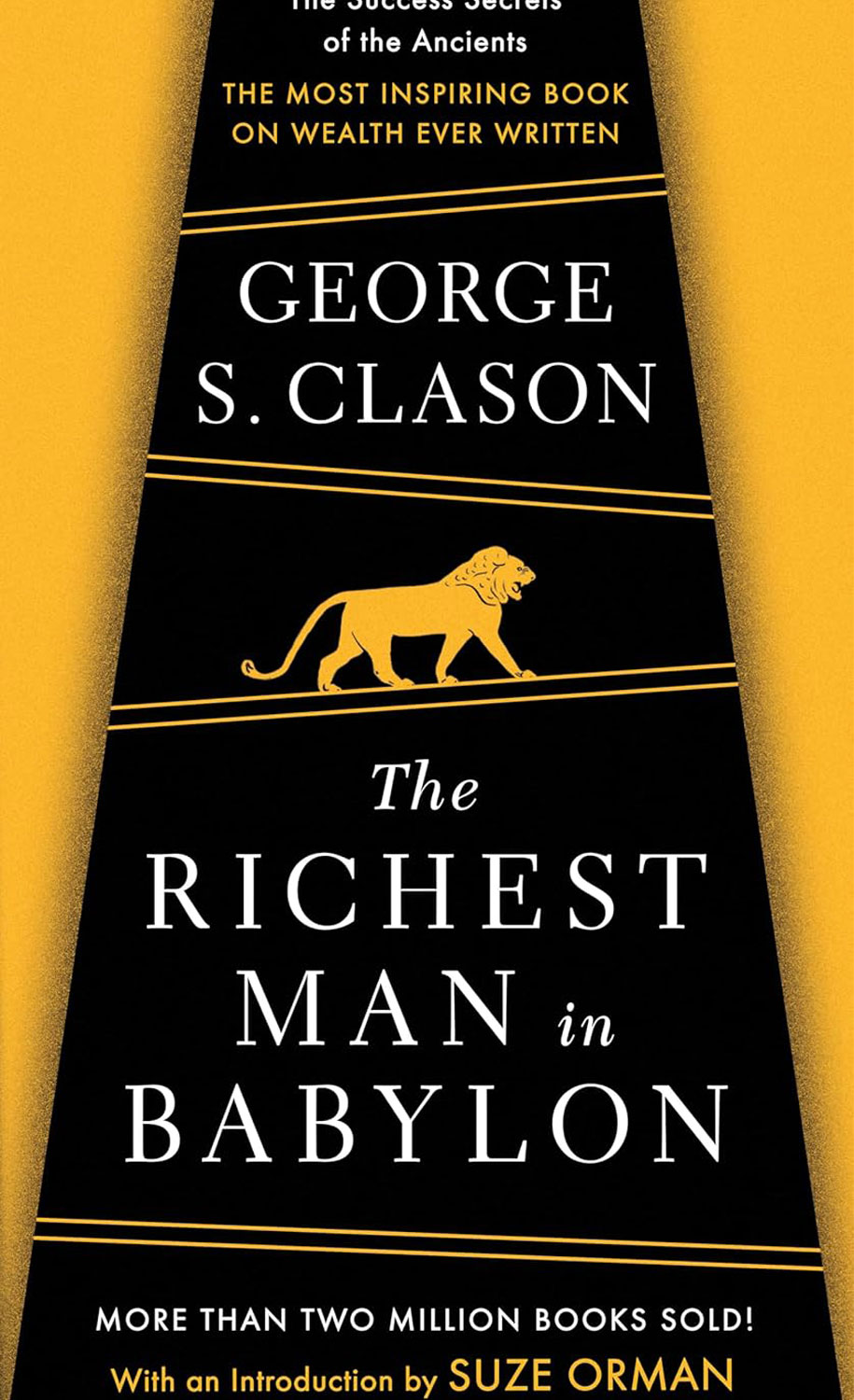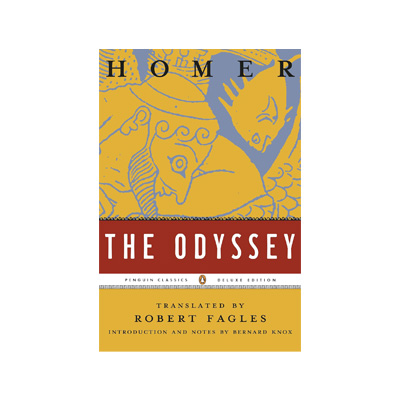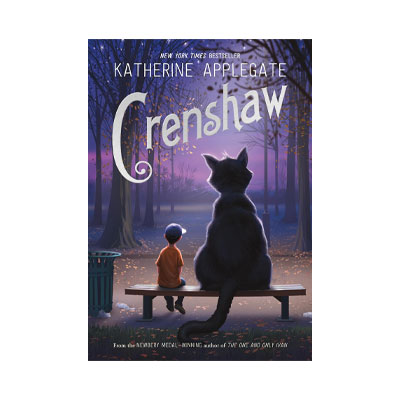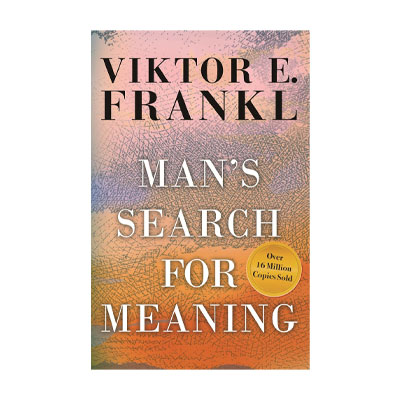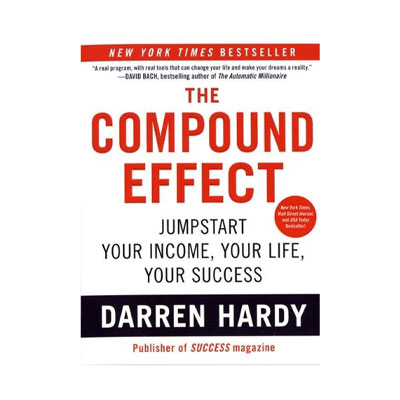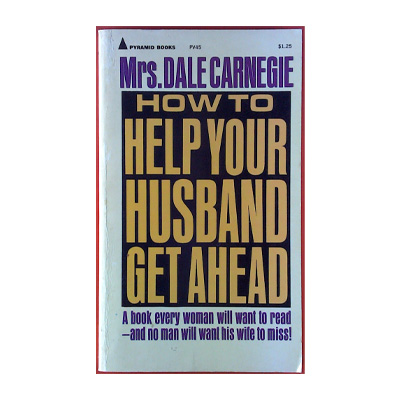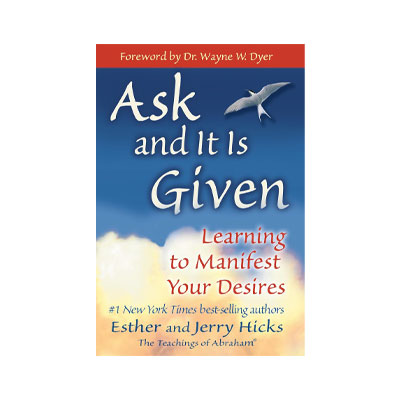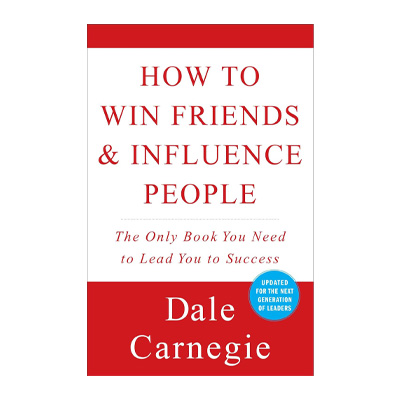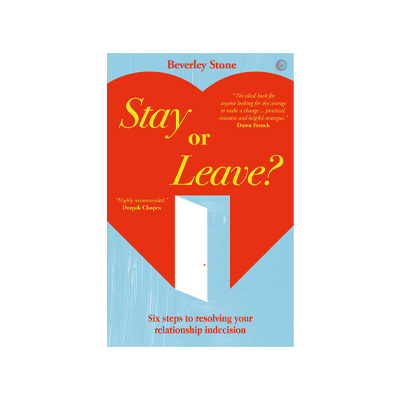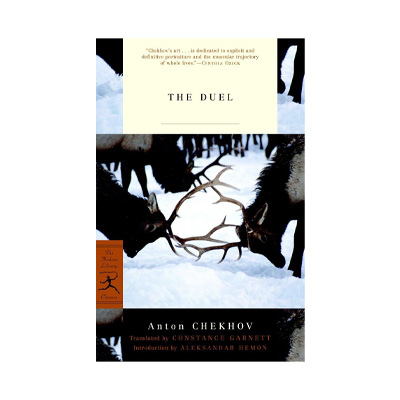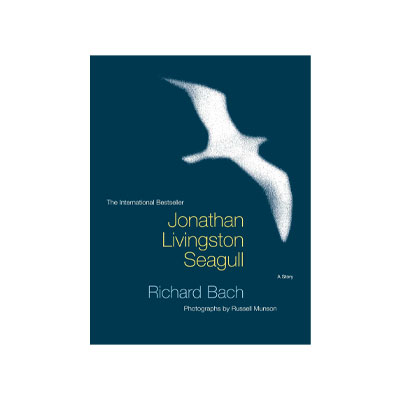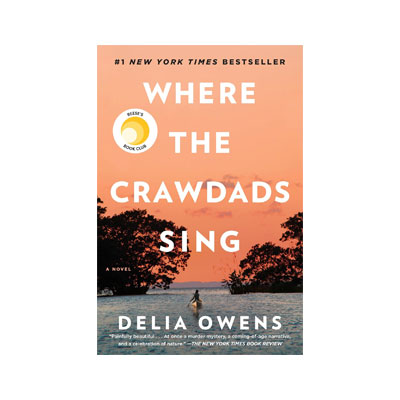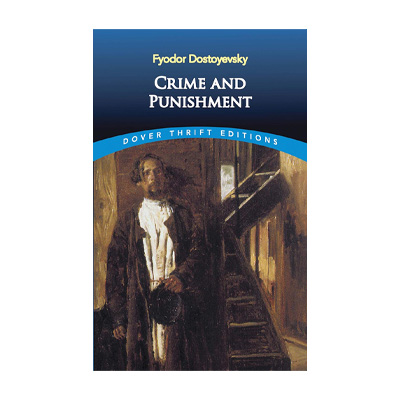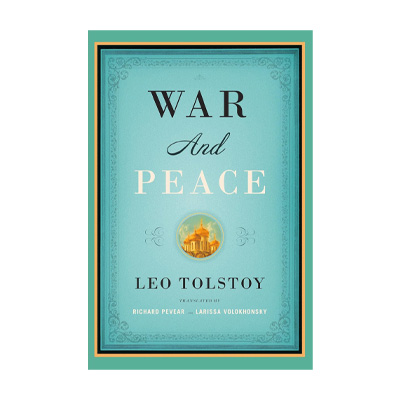Book Summary
"The Richest Man in Babylon" is a work by George Samuel Clason that focuses on methods of managing money and financial income. The author's goal is to transform the financial situations of his readers through the strategies he presents. He conveys his lessons through a narrative about the people of Babylon, and there are two main reasons for choosing this particular group and society for his story. The first reason is the fame of the Babylonians in accumulating wealth, even in a land that has historically faced challenges with rainfall and fertile soil.
Despite limited resources, its inhabitants managed to present themselves as symbols of wealth to the world. The second reason is the discovery of clay tablets during archaeological excavations, which revealed the stories of a young man burdened with debt, detailing effective ways to escape from it. The book begins with a character named Bansir, who, after forty years of life, still does not have a good financial situation and only earns enough to get by. He carries dreams of becoming wealthy but feels immense despair over not achieving this dream.
He often confides in his friend Kabi about his struggles. Another prominent character in the story is Arkad, known for his wisdom and great wealth. Through his humility and courtesy, he generously shares his experiences with others. The narrative takes an interesting turn when Bansir asks Arkad about the reasons for his wealth, leading Arkad to speak of his mentor, Algamish. With convincing explanations, Arkad shows how Algamish's teachings guided him, and how he succeeded in realizing his mentor's lessons through his own efforts.
The importance that the author places on the learning process and the learner in "The Richest Man in Babylon" is one of its critical turning points. For instance, when Arkad faces failures in some of his experiences, he recounts how he repeatedly returned to Algamish for guidance and how he received and implemented solutions after each action and its consequences.
About the Author
George Samuel Clason was an American writer and entrepreneur born in 1874 in Louisiana. In addition to writing, he was the founder of two companies: Clason Map Company and Clason Publishing. Among his other activities during his 82 years of life was serving in the U.S. Army during the Spanish-American War, where he achieved success in business before passing away in California in 1957.
Who Should Read the Book?
Although "The Richest Man in Babylon" addresses financial matters, it also offers rich lessons on enrichment in other aspects of life. Therefore, this written work is recommended not only for those interested in economic topics but for all individuals seeking to enhance various levels of their lives by implementing its teachings
Table of Contents
The book can be comprehensively divided into nine separate sections following the introduction, presenting its content within these frameworks. The sections are titled: 1- How to Be Lucky. 2- Learning the Secret to Wealth. 3- Accept That You Have Limited Knowledge. 4- Trial and Error. 5- Let Money Work for You. 6- Investments with Interest. 7- Creating Opportunities. 8- Seizing Opportunities. 9- Do Not Go into Debt.
Book Quotes
Arkad, you are happier than all of us; you are the richest man in Babylon while we struggle just to survive. You wear the finest clothes, eat the most delicious foods, ride in a chariot made of gold, and your wife is adorned with jewels, while our only concern is finding enough copper coins to buy a piece of bread so we don’t starve. Arkad, we grew up together; we all went to the same school, and during our youth, you worked even less than we did. You weren’t better than us. What happened that suddenly the goddess of wealth smiled upon you and you became rich? Why does the world revolve only around you while it is at war and in conflict with us?
I asked, "Isn’t my income mine?" He replied, "Absolutely not. Tell me, do you not pay the tailor? What about the shoemaker? Do you not pay for your food? Can you live in Babylon without spending money? You fool, you give money to everyone except yourself. You only work for others. The only way to become wealthy is to set aside one-tenth of your income for a year. I will check on you next year; can you manage to do it?"
Arkad told his students that misfortune loves shiny signs. He continued, "The first principle of investing is to create security for the principal amount. Before lending your savings, carefully examine every promise and guarantee, and consult with others who are in this business to ensure the safe return of your investment. Remember, getting rich quickly is a romantic dream that leads a person astray."
Where there is determination and will, a way can be found. A person who spends money freely and lives beyond their income sows a seed of futility with enthusiasm, certain that they will only reap humiliation and trouble. Eventually, the burden of debt may become so heavy that a person is tempted to evade payment and start over; at this stage, the true nature of a person is revealed to all. The weak continue their ways while another person seeking success will find a different path.
Arkad continued: "In exchange for revealing the secret of becoming wealthy, I wrote inscriptions requested by that rich man. The rich man accepted and they agreed that every day, in front of an inscription, one part of the secret to wealth would be taught to Arkad. In the end, Arkad said: 'I found the way to become wealthy.'"
My dear friend Kabi, surely this is the torment of the gods that began with a dream—a meaningless dream. I dreamed that I became a wealthy man. Bags filled with gold coins hung from my belt, and I unconsciously poured money for the poor and beggars. I bought diverse foods, a house, clothes, and jewels for myself and my wife. A sweet feeling of satisfaction and contentment enveloped me, but when I came to my senses, I saw how broke I was. My feeling was just like someone whose possessions had been plundered by bandits.
In the early days when mankind used stone axes and flint to chop trees and create fire, the Babylonians were the only people who used metal axes and metal arrows and spears. The Babylonians were financial experts and clever merchants; as far as we know, they were the first to invent money, promissory notes, and property rights.
Kabi said in a reproachful tone: "This statement makes no sense; a man never keeps his wealth in his wallet. Rest assured that a wallet, no matter how full of money it is, will soon be empty if the flow of gold coins is cut off and not replenished.
